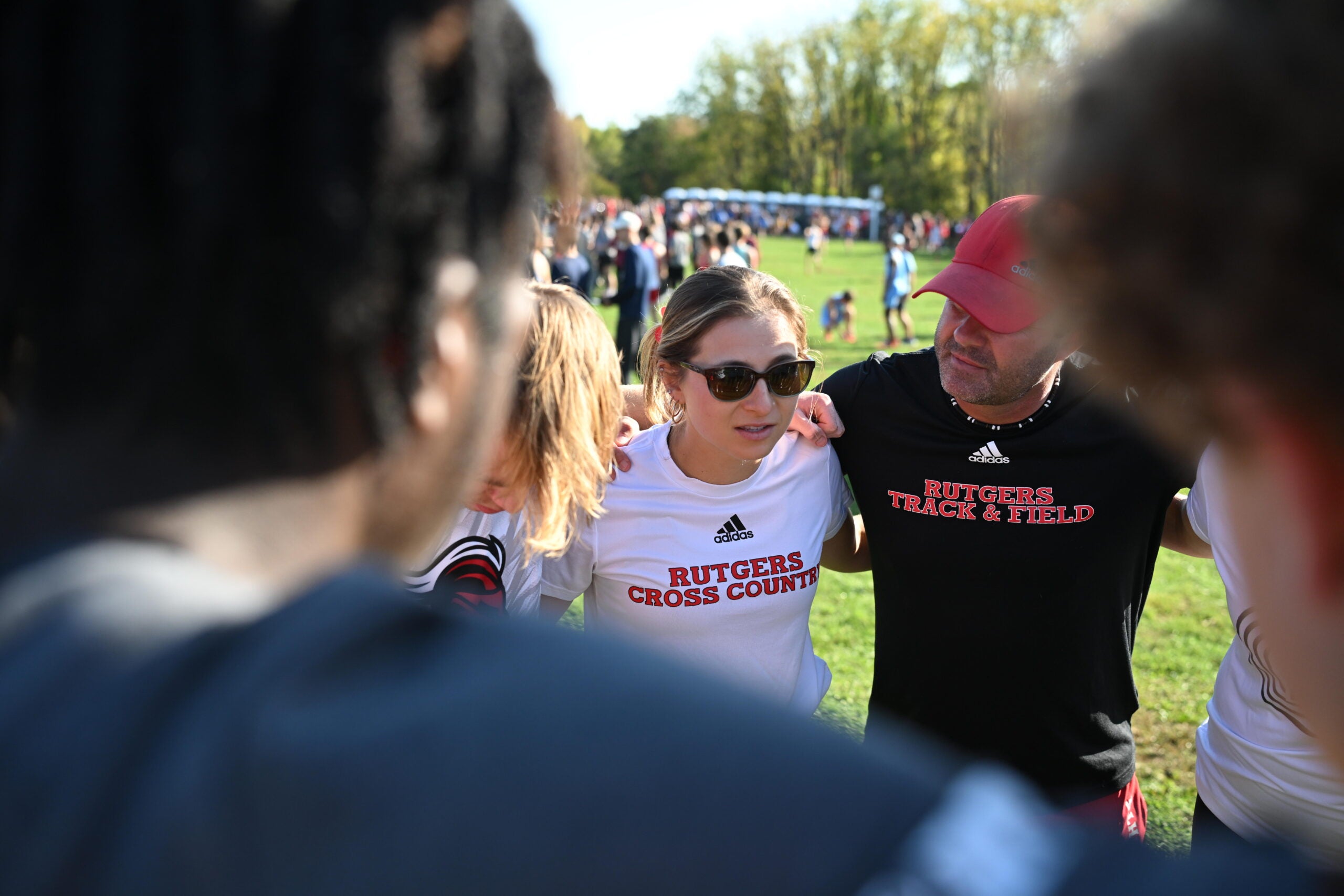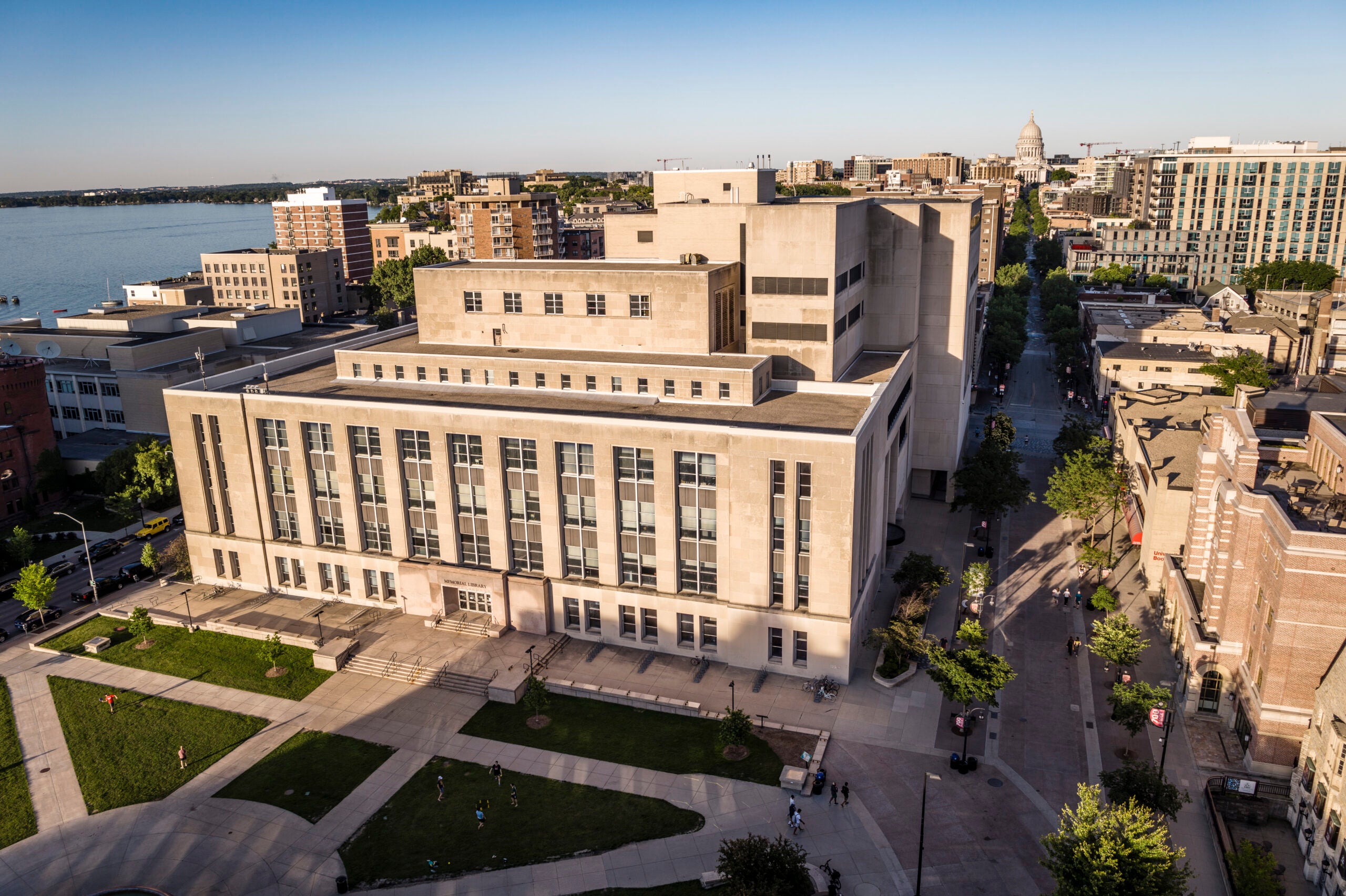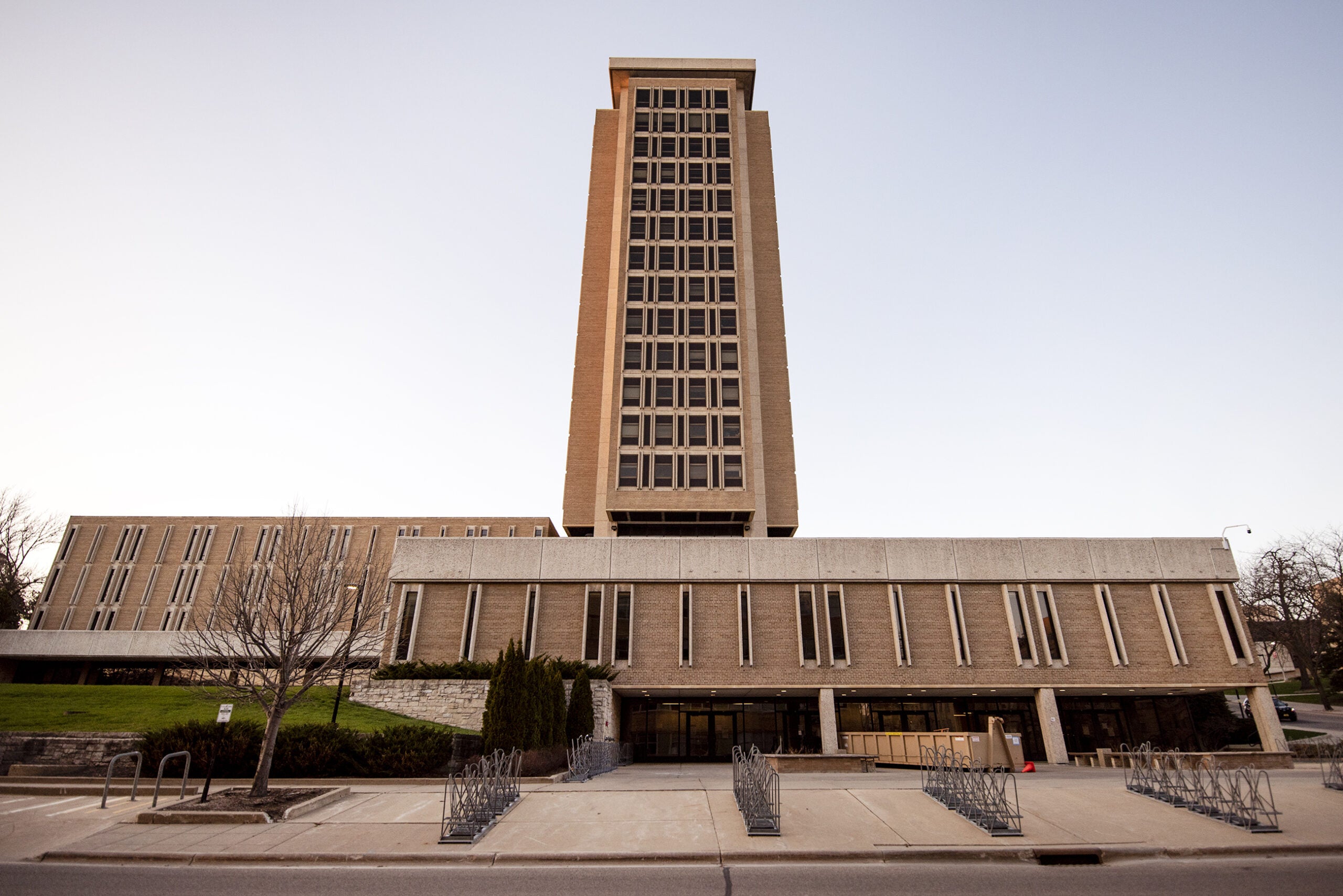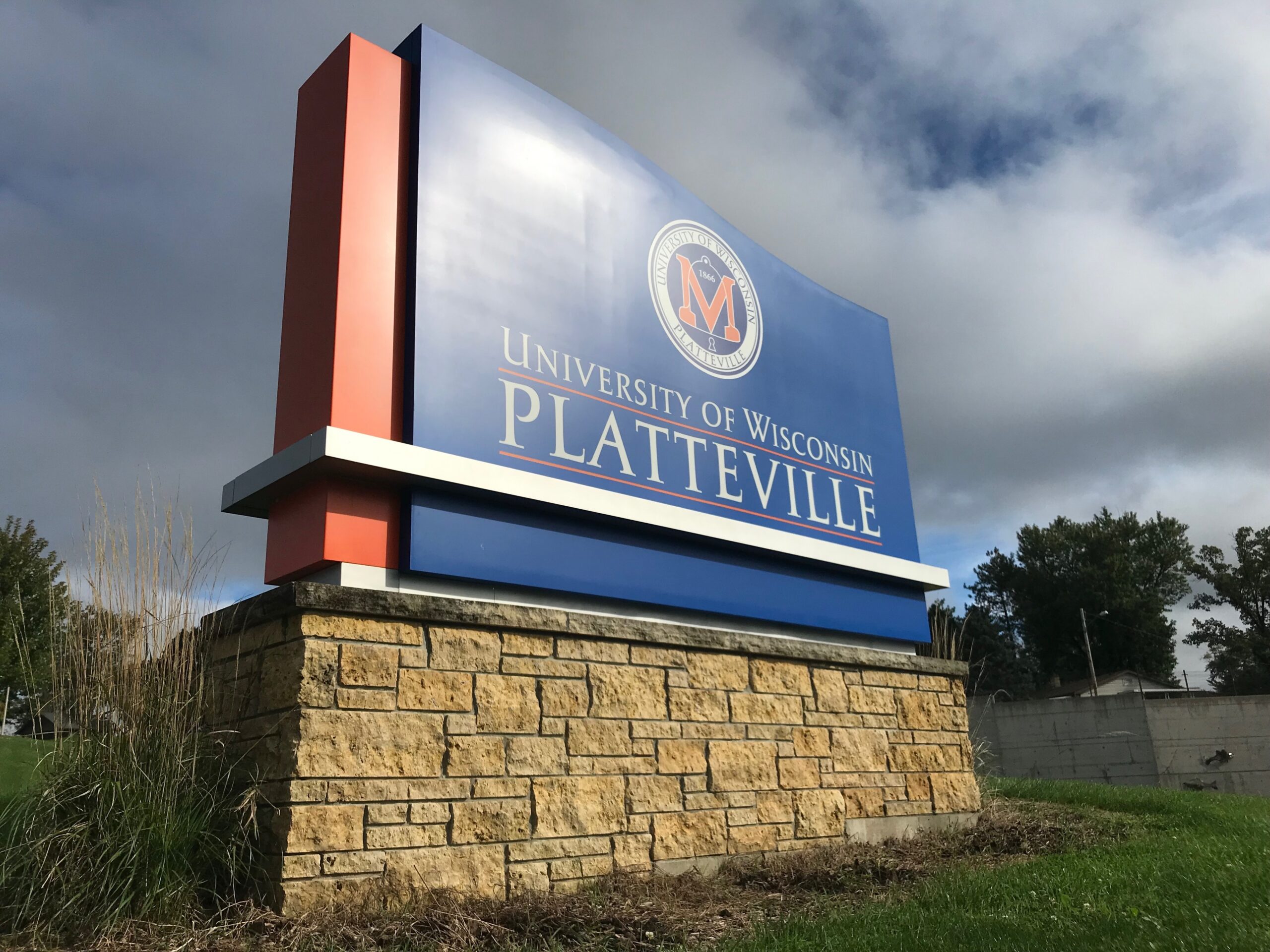Reports of discrimination at the University of Wisconsin-Madison more than tripled this year, according to a report released Wednesday by the university’s Bias Response Team.
From Jan. 1 to June 30, the team received 66 bias incident reports from students and staff members. During the fall 2015 semester, they received 18.
The majority of reporters were women and women of color. People mostly reported being targeted for their ethnicity and national origin. Common incidents included verbal racial insults, microaggressions and derogatory language.
News with a little more humanity
WPR’s “Wisconsin Today” newsletter keeps you connected to the state you love without feeling overwhelmed. No paywall. No agenda. No corporate filter.
“These are not necessarily brand new incidents, or there’s not this new wave of issues that are happening,” Joshua Moon Johnson, chair of the Bias Response Team, said “These are sadly issues that have existed on our campuses and in our society forever, pretty much.”
Only 10 of the offending students went through nonacademic misconduct processes, but not all were found responsible. Disciplinary sanctions varied from university reprimand, nonacademic university probation and suspension.
Moon Johnson said it’s difficult to determine exactly why reports of bias have gone up. However, he thinks the team’s outreach efforts may have contributed to it.
“We started to do in-person workshops where we would go to student organizations and student classrooms and say, ‘This is what bias and hate is, this is unacceptable in our community, if you experience or observe this, we want you to report this,’” Moon Johnson said.
Last spring, after a series of racist incidents occurred on campus, students at UW-Madison rallied around the hashtag #therealUW to share stories of racism and microagressions. The widespread use of the hashtag quickly attracted the attention of campus administrators.
In a blog post published at the beginning of this semester, UW-Madison Chancellor Rebecca Blank shared some steps the administration is taking to “be a more welcoming and inclusive campus.” They include creating a Black Cultural Center in the Red Gym, asking deans to engage their faculty and staff in “some form of inclusion and diversity dialogue and training during this academic year” and moving forward on some ideas “submitted in response to our call for proposals last spring,” the blog post reads.
Moon Johnson has worked at different universities in Alabama, New York, Illinois and California. He said the racial climate on UW-Madison is similar to many other campuses. However, the way students and staff feel about discrimination and their willingness to report it is changing.
“The climate on college campuses is becoming one where people are having a lot of conversation about injustice and race, and students are becoming confident and bold about what they feel is acceptable or not on their college campuses,” Moon Johnson said.
There have been concerns at UW-Madison about whether encouraging people to report bias will stifle free speech. Moon Johnson said the university doesn’t put people through conduct processes for things protected under free speech.
“I will still meet with (a person who’s been targeted) as the chair of the Bias Response Team, and I’ll explain to them what the first amendment is and what freedom of speech is,” Moon Johnson said. “That doesn’t mean (the words don’t) have an impact on that individual.”
The team will provide targeted individuals with support systems and mental health resources on campus and in the community.
Wisconsin Public Radio, © Copyright 2026, Board of Regents of the University of Wisconsin System and Wisconsin Educational Communications Board.







